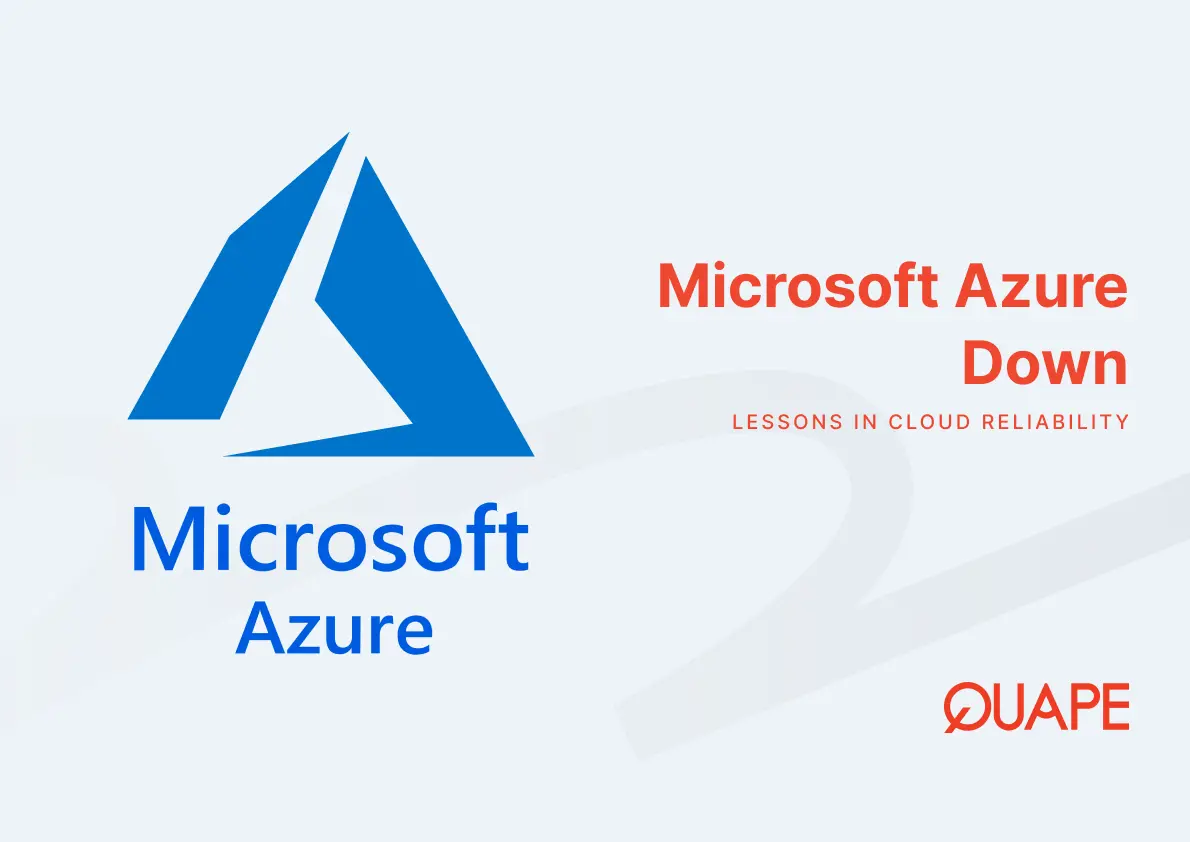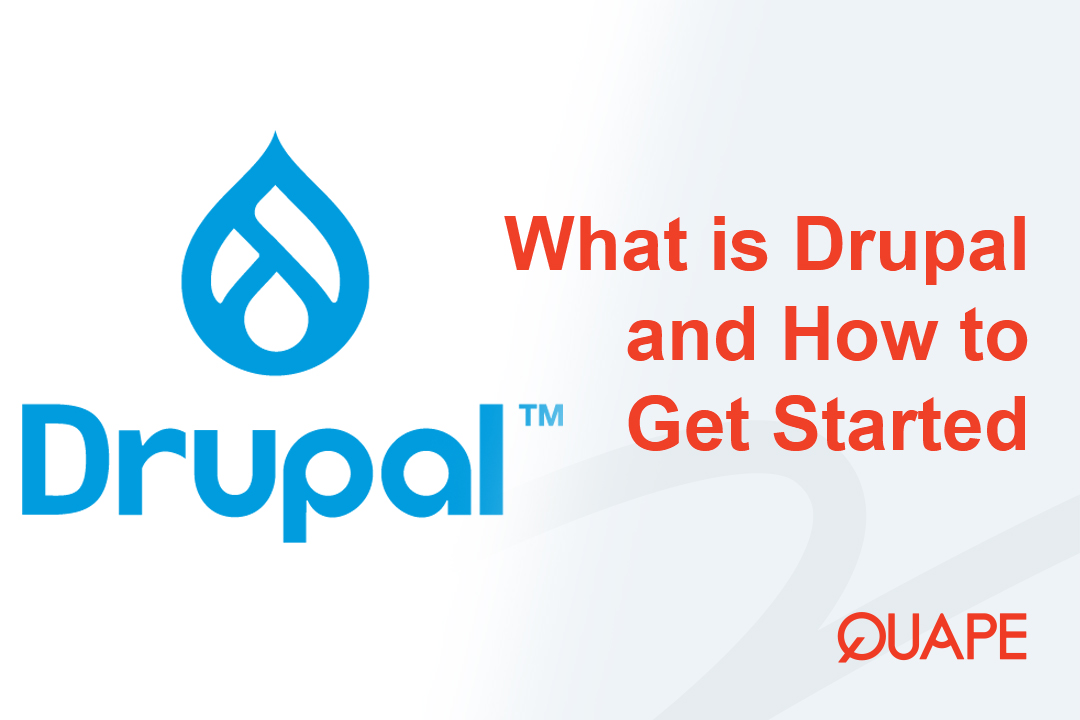Choosing a web hosting plans can feel overwhelming especially when you’re just starting out or trying to upgrade an existing site. With countless providers offering different types of plans, it’s easy to get lost in technical jargon and flashy pricing. But picking the right web host isn’t just about finding the cheapest option; it’s about finding the right fit for your website’s current and future needs.
In this article, we’ll guide you through everything you need to know to confidently choose a web hosting plans that offers performance, reliability, and peace of mind.
Table of Contents
ToggleTips to Choose the Right Web Hosting Plans
Understand Your Website Needs
Before you even look at pricing or providers, take a step back and evaluate your website’s goals. Are you building a simple personal blog, a business site, or an e-commerce store with thousands of products? Each type of site has different requirements:
- Personal blogs and portfolios may need minimal bandwidth and basic features.
- Small business websites often require professional email, SSL certificates, and consistent uptime.
- E-commerce platforms demand high security, faster loading speeds, and the ability to handle traffic spikes.
Also, think about:
- How much traffic you expect.
- What content you’ll be hosting (images, videos, downloadable files).
- What software you need (WordPress, custom CMS, database access).
Matching your hosting plan with your actual needs helps you avoid overpaying or worse, underperforming.
Types of Web Hosting Plans
Understanding the different types of web hosting is crucial to making an informed choice. Each hosting type comes with its own pros, cons, and ideal use cases depending on your technical skills, website size, budget, and expected traffic. Here’s a deeper look at the most common types of web hosting plans:
Shared Hosting
Shared hosting is the entry-level option, and it’s often the go-to choice for individuals or small businesses launching their first website. In a shared hosting environment, your website lives on a server along with dozens sometimes hundreds of other websites. All sites share the same pool of server resources, such as CPU, memory, and bandwidth.
Why it’s great:
- It’s extremely affordable, often costing just a few dollars per month.
- Hosting providers handle all server maintenance and technical configurations, so it’s ideal for beginners with no IT background.
- Perfect for small blogs, static websites, or simple portfolios.
Things to consider:
- If one of the other websites on the server experiences a traffic spike or security breach, it could slow down or affect your site’s performance.
- Limited control and scalability mean it might not meet your needs as your traffic grows.
VPS Hosting (Virtual Private Server)
A VPS Hosting is a step up from shared hosting. Although your site still shares a physical server with other websites, it’s partitioned into its own virtual environment. This means you get a dedicated slice of the server’s resources such as RAM, storage, and CPU without interference from neighboring websites.
Why it’s great:
- Offers much better stability and performance than shared hosting.
- Gives you more control over server configurations, including root access (depending on the provider).
- Ideal for websites that are growing steadily or require custom software setups.
Things to consider:
- While more powerful, it’s also more expensive than shared hosting.
- Managing a VPS can be technically demanding, unless you choose a managed VPS solution.
Also Read: What is Web Hosting and How to Choose the Right Provider
Dedicated Hosting
Dedicated hosting is the premium level of web hosting. You get an entire physical server to yourself, which means maximum performance, security, and customization options. This type of hosting is best suited for large-scale businesses, enterprise applications, or high-traffic websites that can’t afford performance issues or downtime.
Why it’s great:
- Full control over the server environment, you can install and configure anything.
- Extremely high performance, especially under heavy traffic loads.
- Enhanced security, since you’re not sharing the server with anyone else.
Things to consider:
- Dedicated servers are significantly more expensive, often starting from $100/month and going higher.
- Server management and maintenance usually require advanced technical skills unless you opt for a fully managed dedicated server.
Cloud Hosting
Cloud hosting is a modern and highly flexible hosting solution that distributes your website’s data across multiple interconnected virtual servers. Instead of being limited to a single server (as in traditional hosting), your site pulls resources from a “cloud” infrastructure, allowing it to scale seamlessly with demand.
Why it’s great:
- Highly scalable you can add more resources instantly as your site grows.
- Built-in redundancy means better reliability. If one server goes down, another one takes over.
- You often pay based on actual usage, making it cost-efficient for projects with unpredictable traffic.
Things to consider:
- While generally reliable, performance depends heavily on how the cloud network is configured.
- Some plans can get costly over time, especially if your site starts consuming a lot of resources.
Cloud hosting is ideal for startups, online stores, SaaS platforms, and businesses expecting rapid growth.
WordPress Hosting
WordPress hosting is tailored specifically for websites built on the WordPress CMS, the world’s most popular content management platform. This type of hosting comes with WordPress already installed, and includes features such as automatic updates, server-level caching, and enhanced security.
Why it’s great:
- Optimized speed and performance for WordPress websites.
- Includes features like automatic plugin updates, staging environments, and easy backups.
- Many plans are fully managed, so you don’t have to worry about technical details.
Things to consider:
- It’s built for WordPress only, so if you’re using a different platform, this isn’t for you.
- Slightly more expensive than generic shared hosting, though still affordable.
WordPress hosting is perfect for bloggers, small businesses, content creators, and anyone who wants a hassle-free way to run a high-performing WordPress site.
Key Features to Compare Before Buying
Performance and Uptime
A reliable web hosting provider should guarantee high uptime typically 99.9% or more ensuring your website stays online and accessible at all times. Website speed is another performance metric you shouldn’t ignore.
Fast loading times enhance user experience, reduce bounce rates, and can improve your SEO rankings. Many providers now offer SSD storage, optimized server configurations, and CDN integration to further boost site speed and stability.
Security Features
Website security should be a top priority, especially if you’re handling sensitive user data or running an e-commerce site. Essential features to look for include a free SSL certificate, regular malware scans, DDoS protection, and automated backups.
Some hosts go a step further by offering server hardening, firewalls, and proactive threat monitoring, helping protect your site from cyberattacks and data breaches.
Customer Support
Quality customer support can be the difference between a quick fix and prolonged downtime. Look for hosting companies that offer 24/7 customer support through live chat, phone, or email.
It’s also a plus if their support team is knowledgeable, responsive, and able to help with both technical and general inquiries. Reliable support becomes especially valuable during emergencies or when you’re facing configuration issues.
Scalability
As your website grows, your hosting needs may change. A scalable hosting plan allows you to upgrade resources such as storage, bandwidth, and CPU power without switching providers.
Choosing a host that offers seamless upgrades from shared to VPS or cloud hosting can save you time, reduce risk, and support your long-term growth strategy.
Ease of Use
If you’re not a tech expert, a user-friendly control panel can make managing your website much easier. Look for hosts that provide cPanel, Plesk, or a well-designed custom dashboard to help you manage domains, emails, databases, and backups effortlessly. A clean, intuitive interface can save you hours of frustration and make web management more approachable for beginners.
Value-Added Features
Extra features like free domain registration, branded email accounts, one-click app installations, or website builders can add a lot of value to your hosting plan.
These tools simplify the setup process and can reduce initial costs, making them especially useful for startups or small businesses launching a new site for the first time.
Also Read: How Web Hosting Works
Check Server Location and Speed
Server location affects how quickly your website loads for users in different regions. If your main audience is in Asia, for instance, choosing a hosting provider with servers in Singapore or nearby countries can significantly improve load times.
Additionally, using a CDN helps distribute content from servers closer to your users, ensuring faster performance regardless of location.
Understand the Pricing Structure
Hosting plans often advertise a low monthly rate, but it’s usually the introductory price. Be sure to check the renewal rates, which can be significantly higher.
Also watch out for hidden fees:
- Paid SSL certificates when the free version is enough.
- Charges for backups, migrations, or additional email accounts.
- Lock-in periods or contracts.
Look for providers that are transparent about pricing and offer money-back guarantees or free trials, so you can test the service risk-free.
Read Reviews and Test the Support
Don’t rely solely on the provider’s website to evaluate their service. Check real user reviews on third-party platforms like Trustpilot or Reddit. These often reveal the real-world performance and support quality.
If possible, reach out to customer support before purchasing. Ask a technical question and see how fast and accurately they respond. A helpful, responsive support team is a big green flag.
Consider Future Growth
Even if you’re starting small, it’s important to think ahead. A good hosting provider should support your growth with features like:
- Easy plan upgrades.
- Add-on services (like staging environments or advanced caching).
- Compatibility with new technologies and integrations.
Migrating to a new host later can be a hassle, so choose one that can scale with you from the start.
Trusted Hosting Provider to Consider
If you’re looking for a reliable and user-friendly hosting provider in Singapore, QUAPE is worth considering. They offer a range of hosting solutions from shared to cloud hosting designed to support businesses of all sizes.
What makes QUAPE stand out is their focus on performance, excellent customer support, and local presence in Singapore, which ensures faster site speed for regional audiences. Whether you’re launching a blog or scaling an online store, QUAPE provides the flexibility and reliability you need without the overwhelm.
Conclusion
Choosing the right web hosting plan is a foundational step for your website’s success. By understanding your needs, comparing different types of hosting, and evaluating key features like performance, support, and scalability, you’ll set yourself up for smoother site management and long-term growth.
Remember, a good hosting plan isn’t just a monthly bill it’s an investment in your website’s speed, security, and user experience.
- How to Decide Between Colocation and On-Premise? - October 20, 2025
- What Is a Rack Unit (RU) in Colocation Servers - October 15, 2025
- Getting to Know Tier 3 Data Center: What Are the Benefits? - October 14, 2025



